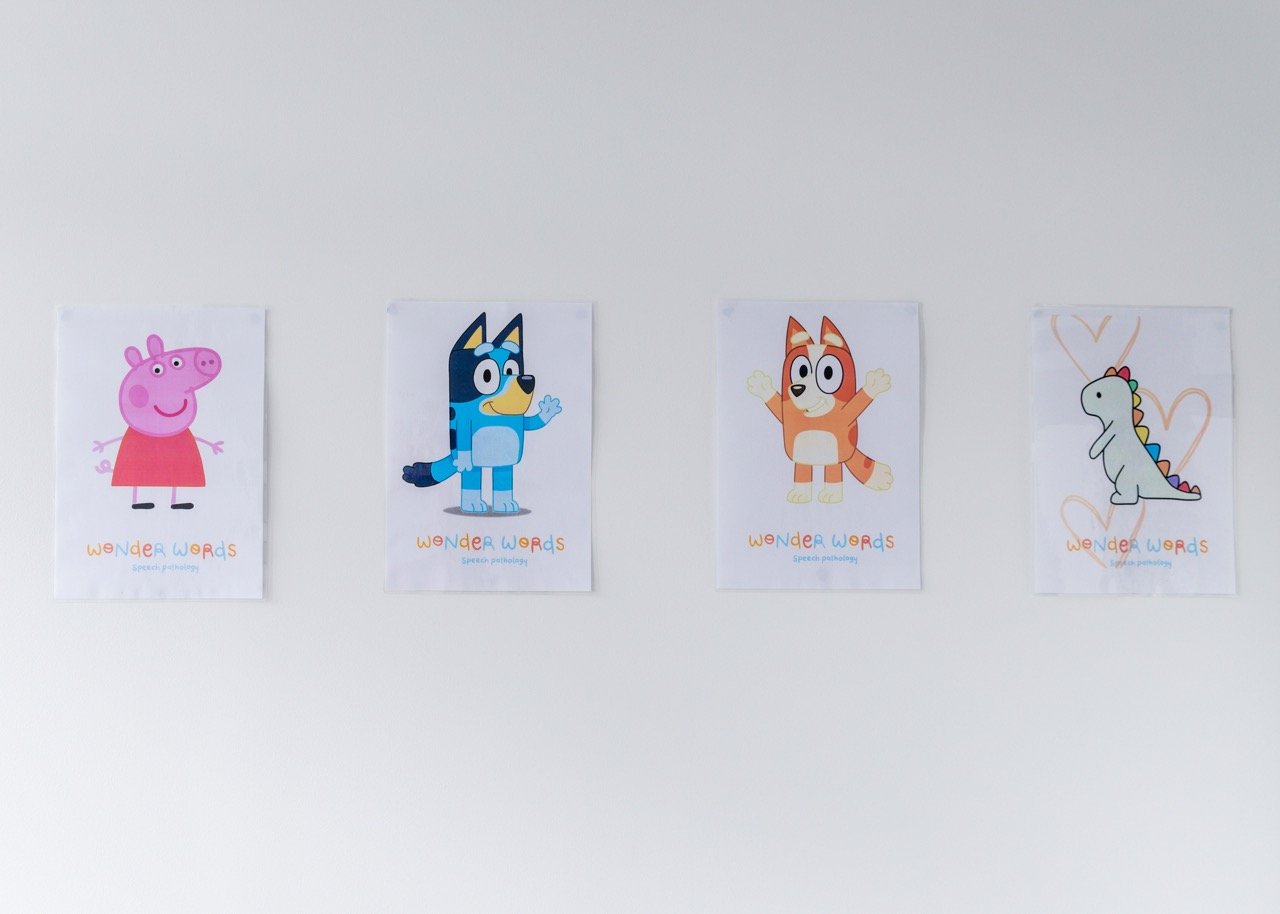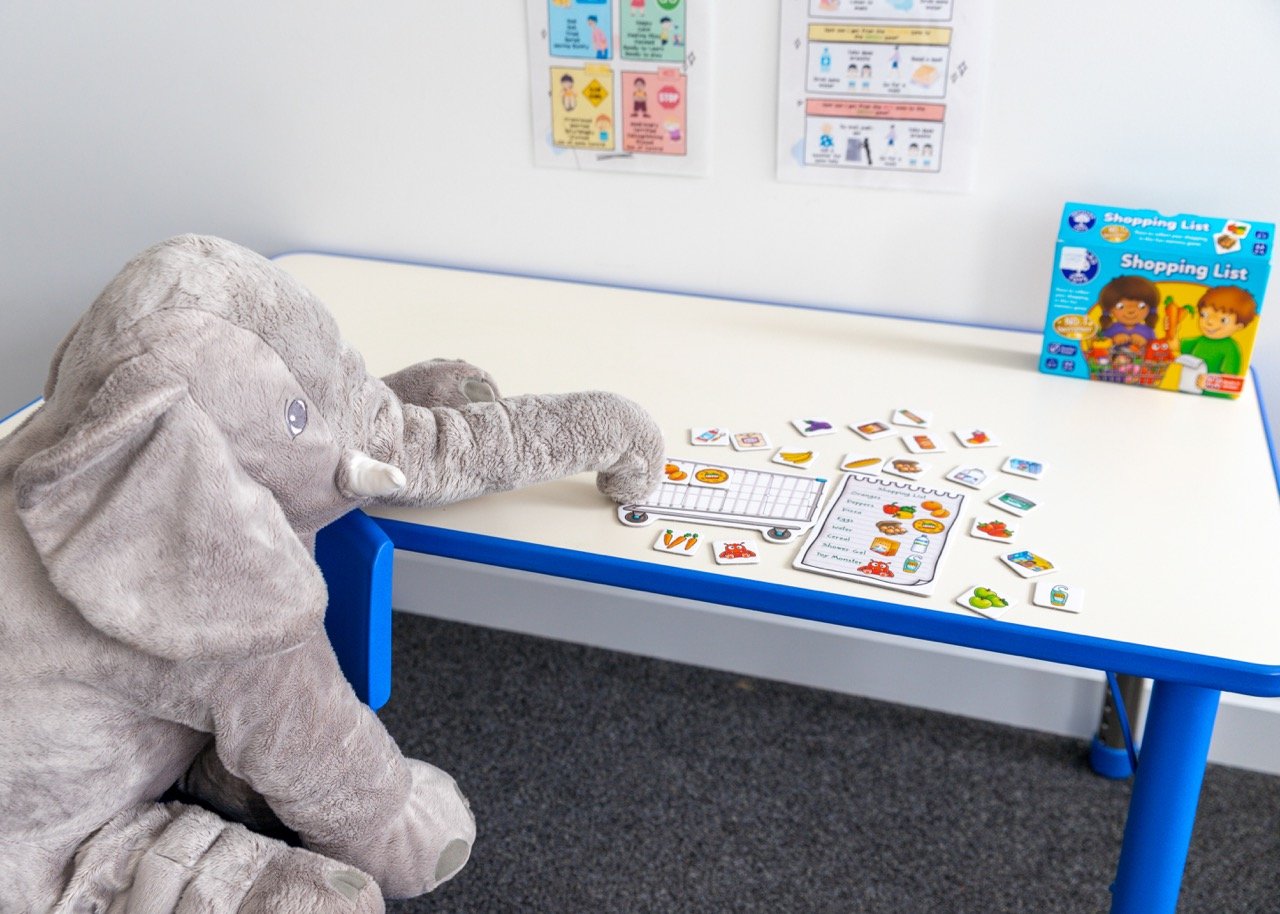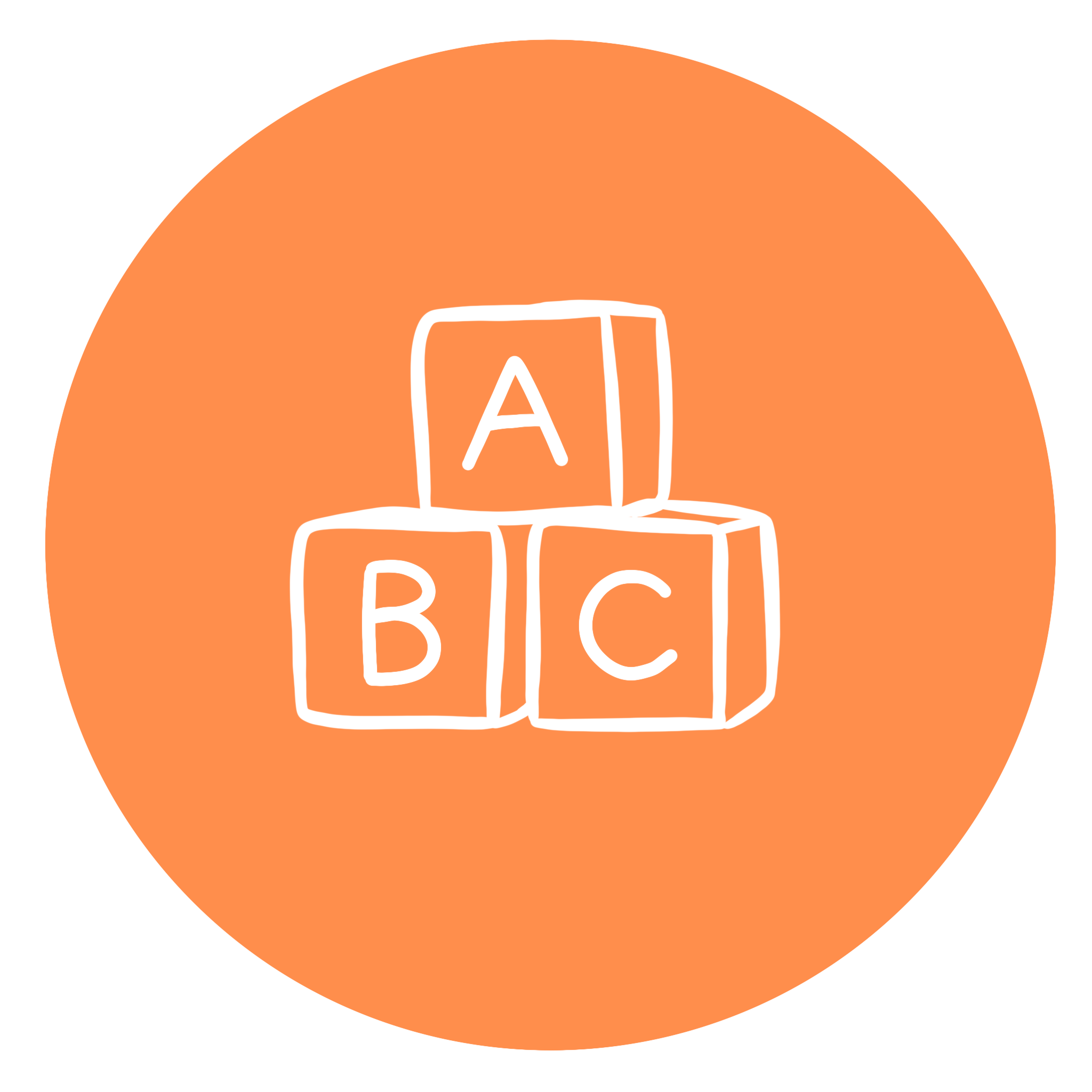Areas of Practice
Explore and learn about the 6 main areas of practice that Wonder Words Speech Pathology provides support in.
Speech Sounds
Phonological processes or errors are patterns of sound errors that are common in a child's speech as they learn to speak. While these patterns are a normal part of speech development in young children, they typically disappear as a child's speech develops. Speech errors differ as these are errors or deviations from intended speech that may be due to a variety of factors such as articulatory differences, language disorders or tongue placement. Speech errors can present in a variety of ways.
Fluency (Stuttering)
Stuttering is characterised by disruptions in the normal flow of speech. There are 3 different types of stuttering, including Repetition, Prolongation and Blocks. Stuttering can be hereditary (i.e., ‘run in the family’) and is prevalent in young children between the ages of 3-4 years. The exact cause of stuttering is unknown.
Receptive & Expressive Language
Expressive language refers to the ability to express thoughts, ideas, and feelings through spoken or written words. Receptive language, on the other hand, involves the ability to understand and interpret spoken or written language. This includes comprehending vocabulary, grammar, and the nuances of communication, such as sarcasm and figurative language.
Early Communication
Early language refers to the development of communication skills in infants and toddlers during the first 2-3 years of life. This period is crucial for brain development, particularly in learning language. Even before using words, babies communicate through gestures, eye contact, and facial expressions. Parents play a significant role by responding to a baby's cues and engaging in conversations, fostering language and social skills.
Neurodiversity Affirming Approach
A neurodiversity-affirming approach to social communication is one which appreciates the preferences, interaction styles and communication priorities of neurodivergent individuals, and places the same value on these as the preferences, interaction styles and communication priorities of neurotypical individuals.
Literacy
Literacy is the ability to read, write and comprehend written language. It involves not only the basic skills of reading and writing but also the capacity to understand, interpret and effectively use written language for communication, learning and various daily activities. In order to read and write children must have an understanding, and have mastered three key skills.
Get in Touch
We look forward to welcoming new families in 2026. Please make contact via our enquiry form and we will respond to your enquiry within 48 hours.













